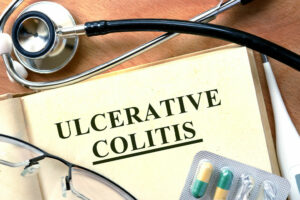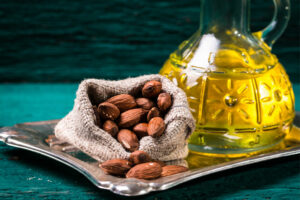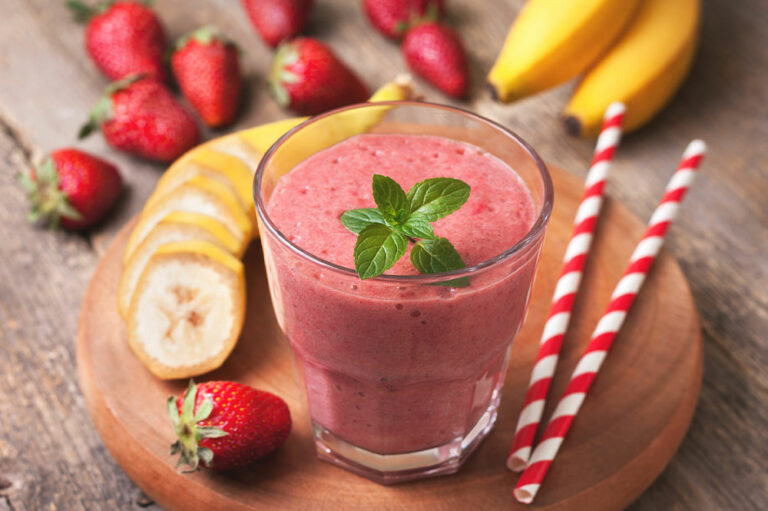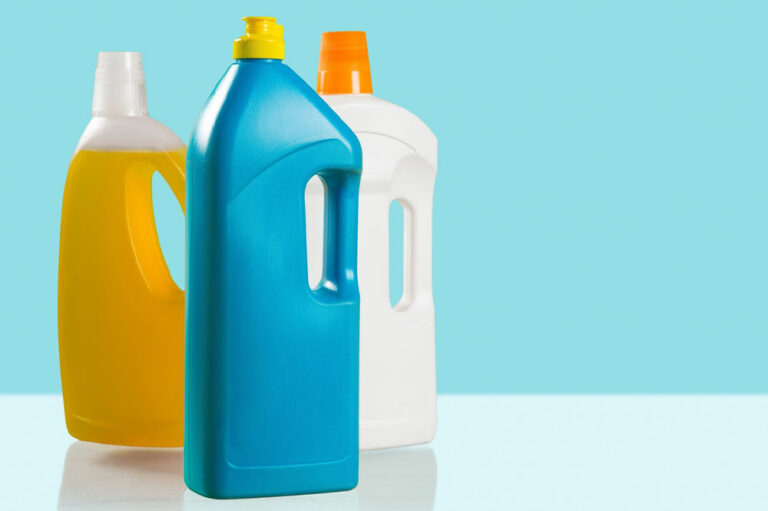A well-balanced meal keeps your body and mind healthy, giving you the energy to thrive throughout the day. Certain foods can help build resistance against the hazardous effects of pollutants and detox your lungs. Similar to the healthy options, there are certain foods to omit for healthy lungs and support their function. Read on to discover the significance of foods in lung health and the worst foods to avoid.
How do certain foods impact the lungs?
Food plays a vital role in the management of lung health and diseases. Metabolism is the process of converting food to energy inside the body. Oxygen plays a vital role in the metabolic reactions to burn the nutrients molecules through food.
When the metabolism breaks down fiber, sugars, fats, and protein, energy will be your final product, and carbon dioxide will be exhaled as waste products.
When you have the right nutrients in your meal plan, it will allow you to maintain the health of the lungs and help you breathe better. On the other hand, certain food options can worsen the function and irritate the airway.
Foods to avoid to maintain healthy lungs
Even though some foods are super nutritious, they can adversely affect lung health. In some cases, they can induce flare-ups if you have existing chronic lung ailments. Simply put, mindful and healthy eating is the key to avoiding health complications and not compromising lung function.
To help you out, here’s a compiled list of the worst foods to omit for healthy lungs. This can reduce the risk of developing infections or disorders.
Excessive salt
There is an inverse link between sodium levels and lung function. The lower the sodium level, the better your lung health. Salt causes water retention in your body. It will retain water in your body and may cause bloating. Furthermore, the accumulation of excess fluid in the lungs will cause breathing issues in individuals with chronic conditions such as heart, liver, and kidney diseases. You can use herbs to add flavor to your meals as a healthy alternative.
Fried foods
Oily fried foods can induce bloating, which pushes onto the diaphragm. It will make it hard and uncomfortable for you to breathe. Moreover, excessive intake of fried foods will result in an increase in the body mass index (BMI), thereby increasing the pressure on the lungs.
In addition, the unhealthy fats in fried foods will increase your LDL (bad cholesterol level) and develop the risk of cardiovascular and lung diseases. Therefore, instead of fried meals, try baked foods.
Processed meats
Processed meats are among the worst foods for the lungs, as they reduce function and increase the risk of respiratory disorders. High intake of processed and cured meats like bacon and corned beef contain food additives called nitrites and nitrates. These additives are added to increase the shelf life of the food source. It will cause stress in the lungs and lead to pathological disorders. Moreover, it also increases the risk of lung cancer in the long run.
Dairy products
Dairy products are generally healthy for every individual. Milk is nutritious and packed with calcium. However, it also has casomorphins, a byproduct of moil that can increase lung mucus build-up. As a result, it will lead to symptom progession or flare-ups of lung diseases.
Cruciferous vegetables
Gas and bloating are unhealthy and uncomfortable. The related symptoms of these digestive issues will make breathing difficult, especially for people with lung disorders. Adding cruciferous vegetables like cabbage, cauliflower, and radishes will cause excess gas formation. Therefore, though they are filled with nutrients and fiber, it is better to add them to the list of foods to omit for healthy lungs to improve breathing.
Sweets and chocolates
Desserts like chocolate, cakes, or anything with high added sugar will induce inflammation and protein glycation. This excess sugar reduces the ability of your body to vitamin C absorption, which in turn decreases the immunity power. For instance, milk chocolate will increase phlegm and mucus due to the dairy content, resulting in nasal congestion. Hence, you can replace milk chocolates with dark chocolates to satiate your sugar cravings while reducing their impact on the lungs.
Carbonated beverages
Carbonated drinks and canned juices are also foods to omit for healthy lungs. It is because they are high in sugar content and cause inflammatory reactions, oxidation, and bloating in your body. These will eventually lead to poor lung health and decrease your immunity. Therefore, you can opt for natural sugars through healthy fruit choices instead of relying on carbonated beverages.
Refined flour
White bread, pasta, or any foods that have refined flour should be avoided as they impair lung function. These food choices can cause inflammatory reactions in your body, making it hard for you to breathe at ease.
Excessive intake of these foods also affects the overall immunity of your body. Even though carbs in these foods are essential for normal functioning, it is important to choose good carbs. Therefore you can opt for whole-grain bread and white pasta as healthy choices.
Acidic foods and drinks
A ring of muscle forms a vale at the end of the esophagus lining. If it opens too often, the stomach acid tends to move toward the esophagus, resulting in irritation and inflammation. This will eventually cause heartburn, a prominent sign of acid reflux disease. In such circumstances, eating acidic foods and drinks will induce the symptoms of lung diseases. Therefore, limit or avoid adding citrus fruits, tomato sauce, coffee, and other spicy foods to maintain lung health.
There is no time better than now to enhance your lung health. You must aim for various food groups to keep your lungs functioning at their best. Besides avoiding or limiting specific foods, improving your immunity and avoiding lung complications are extremely important.
While there are foods to omit for healthy lungs, remember that the restriction of food choices and respiratory allergies vary depending on the individual’s health. Therefore, consult a healthcare professional/nutritionist before altering your meal plan.

















